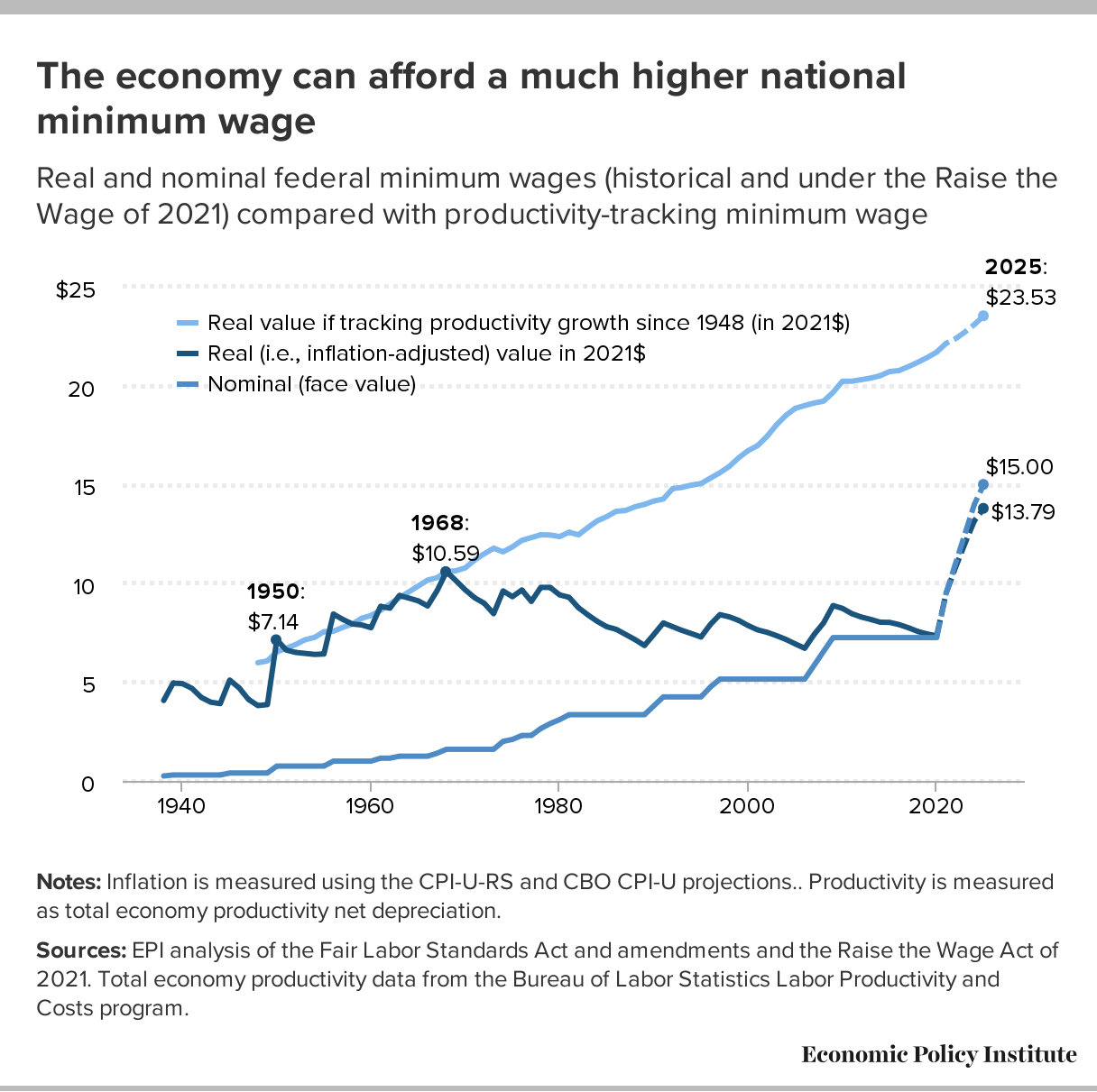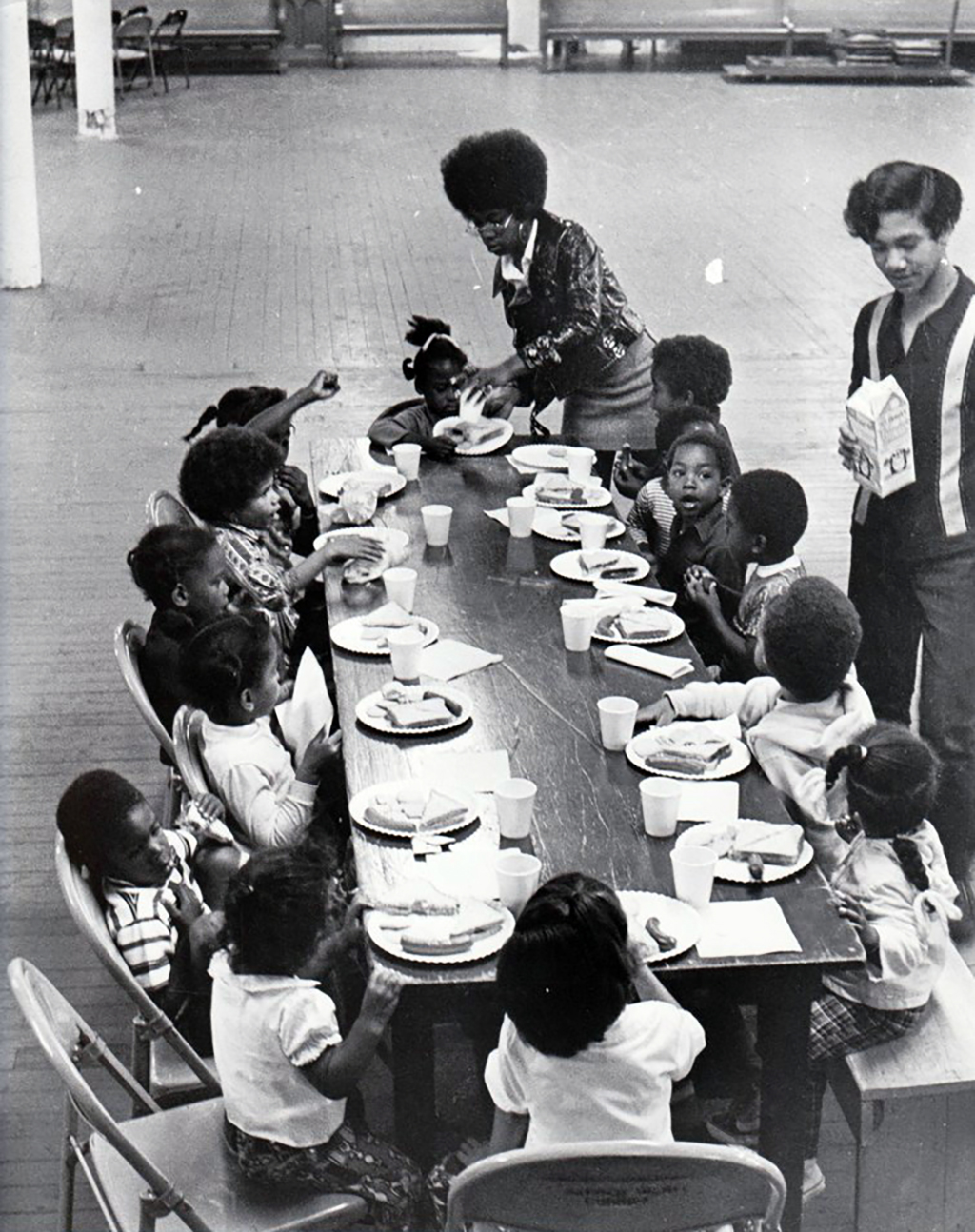PBL
As I have written about protests, the ones that we have heard about were the successful ones. This is not the most common outcome for a protest, depending on how large a resistance gets before something is defined as a protest, 80 to 99 percent of protests fail. Now depending on your personal political ideologies, this can be a good or bad thing. However, sometimes when protests fail, they do much more damage to a movement that any could possibly dream of.
In any modern economics class, one phenomenon that most likely will be discussed is the rapidly increasing wage divide between the highest and lowest learners. Additionally, most of these classes will be accompanied by a graph like this:

Or this:

Who caused this problem, where the blame lies, and whether it is a real issue or not can all be argued but one of the major cause of this wealth divide is the decline of union membership that started in 1968. The power unions give workers are inarguable, as we can see in modern day auto manufacturers, where aggressive unions are found, higher wages come with them. The US decline in union membership was mainly because of one failed strike by the air traffic controllers union. Public opinion is the biggest control that the public as a whole has on politicians, whatever the general populace lets politicians get away with, they will, and in 1968 public opinion for union membership had fallen. This wasn’t because the public suddenly started hating collective organization for no reason, it was also the result of a calculated information campaign. This didn’t change the outcome of what happened however.
The PATCO or Pacific Air Traffic Controllers Organization, was the official union of air traffic controllers. They controlled the labor forces of several major airports across the seaboard, and in 1980 they ordered a strike in order to increase their pay and to demand safer working conditions. Sadly that didn’t happen, instead it resulted in the most severe crackdown on union membership in US history. The strike lasted for 2 weeks before Ronald Reagan and his administration harshly stepped in. In union culture, the act of walking over the picket line or going back to work during a strike is referred too as scabbing. When Reagan broke the strike he went much further than just hiring scabs, he used a section of federal code that stated that federal employees are forbidden from striking to fire the entire 11,000 striking workforce and hire replacements. This destabilized union cultures across the united states, as the lack of public blow back from his action, accompanied by the implicit statement that this was allowed, incentivized corporations across the the US to bring in scabs to break strikes. From a companies standpoint, this is the best option, as the non-unionized workers can often be paid less and work more than unionized workers. The story of the PATCO strike and the subsequent lack of public resentment for the actions, permanently harmed the rates of union membership in the US.
PBL Blog

Mutual aid may not be the form of protest that first comes to mind when the ideas of protest are invoked. In the US especially, protest tends to evoke ideas of riots or marches, typically consisting of chants and signs that most people have become numb too at this point. However, that is not the only form of protest that exists. Mutual aid was first laid out in principle by sociobiologist Perter Kropotkin, who argued that social cooperation was the first major evolution that allowed for the human race to experience the success that it has had today. His influential book “Mutual Aid” was highly influential in challenging the common ideas of social Darwinism, a mostly British political movement that argued for gutting welfare in order to have those who were the most “genetically superior” rise to the top of society. The radical idea of Mutual Aid was that humanity is strongest not when we are the most independently successful, but when we are willingly dependent upon each other. Independent of any other social ideals or movements this is not a particularity inherently radical idea, however, as modern liberalism has arisen within the United Sates, the highly individualistic politics and philosophy have been massively challenged by Mutual Aid movements around the United States.
The movement for Mutual Aid groups first arose within the United States through a pro Black organization called the Black Panthers. This group included many noted activists such as Huey P. Newton, Fred Hampton, and Angela Davis. This groups focus was on creating pro Black sentiment within the Black community, first within Califorina but then slowly throughout the entirety of the US. One of the large organizational components that allowed for the sweeping success of the movement was the free breakfast program, where the Panthers would serve free meals for the community. This created a community of people that made friends and found family around the meals the Panthers served. This challenged the US government and acted as a protest by adressing a failure that the US government has made. The community forming effects of these meals were what powered the Balck Panthers as all the other actions they took, such as more formal protests, reading programs, and other community work were made more efficient by the members of the community having built relationships with each other in a more informal manner before hand. After all, the main purposes of a protest are to intimidate legislators into enacting change, and this program worked just as well. It is why schools today have free breakfast programs across the country, a legacy that the Panthers have left even today. Modern movements have followed the Panthers blueprint, such as food not bombs and many other less famous organizations throughout the world. Mutual Aid protests run counter to many peoples preconception of a protest, and that is precisely what allows them to be as powerful as they are. In the modern day, Mutual aid is a large portion of how anti-war and anti-policing movements originate, given that they are much lower risk for those who may participate.